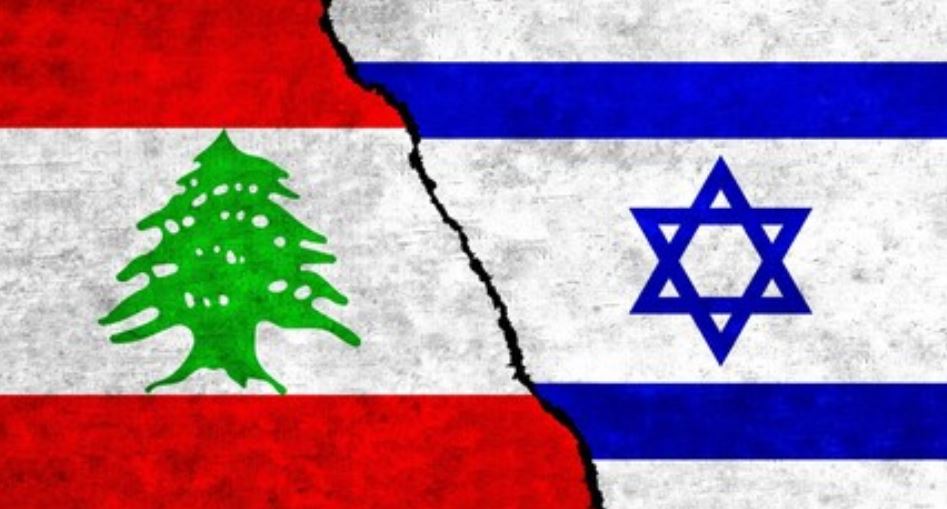Recent events have escalated tensions between Hezbollah and Israel, culminating in Hezbollah’s declaration of war in response to a series of devastating attacks attributed to Israeli intelligence. Hezbollah’s leader, Hassan Nasrallah, described these attacks, which targeted thousands of pagers and walkie-talkies employed by the group, as “massacres” and a blatant act of aggression. The attacks resulted in significant casualties, with reports indicating that around 37 individuals, including children, have been killed, and approximately 3,000 have been injured. Nasrallah’s characterization of these events underscores the severity of the situation and suggests that these incidents may not merely escalate existing hostilities but could fundamentally alter the conflict’s dynamics.
The precise details of the attacks reveal a carefully orchestrated assault that has drawn widespread condemnation and fueled outrage within Lebanon. The simultaneous detonations of the devices across various civilian locations, including schools and hospitals, have led to accusations of war crimes against Israel, further complicating an already volatile situation. Nasrallah articulated a sense of betrayal and violation of previously established red lines, emphasizing that such actions by Israel reflect a shift towards outright terrorism rather than traditional military confrontation. The rhetoric from Hezbollah indicates that the scale and nature of the attacks have crossed a threshold that may provoke retaliatory actions.
The strategic implications of these developments are profound, raising critical questions about the potential for an expanded conflict in the Middle East. Observers are now considering whether Hezbollah will respond in kind or adopt a more measured approach similar to Russia’s restraint after perceived provocations. Nasrallah acknowledged the challenges faced by Hezbollah, particularly in terms of Israel’s technological superiority, but framed the situation as a state of war. This acknowledgment marks a pivotal juncture for Hezbollah, underscoring a critical juncture that may prompt a reconsideration of its military and political strategies moving forward.
Amidst these tensions, Israeli officials have remained ambiguous regarding their involvement in the attacks, despite assertions by American and Lebanese sources attributing responsibility to Israel’s Mossad. Reports suggest that the operation was intended to serve as an initiation of a broader military campaign against Hezbollah, but concerns over Hezbollah’s potential discovery of the plot led to an earlier execution of the attacks. This uncertainty within the strategic planning underscores the high stakes involved, as both sides navigate the intricacies of military operations amidst a backdrop of regional instability.
The prospect of escalating conflict could have ramifications that extend beyond the immediate actors involved. The idea that these hostilities might spiral into a larger regional or global conflict looms large, leaving many analysts pondering whether the Middle East is on the brink of a significant escalation reminiscent of World War III. However, an opposing viewpoint suggests that the entrenched nature of the conflict might mean that while violence continues, it may not necessarily lead to a total war scenario. Observers emphasize the need for cautious analysis, recognizing that while tensions are undoubtedly on the rise, factors such as strategic restraint and international involvement can also play influential roles.
Ultimately, the unfolding events highlight a complex interplay of military, political, and humanitarian considerations in an extremely volatile region. The responses from both Hezbollah and Israel will be crucial in shaping the future course of conflict, with observers keenly watching for signs of escalation or attempts at de-escalation. As the situation develops, the focus will remain on the broader implications for stability in the Middle East and the potential for diplomatic interventions that can mitigate the growing tensions. The world watches with bated breath as both sides navigate this precarious moment, grappling with historical grievances while facing the specter of modern warfare.

